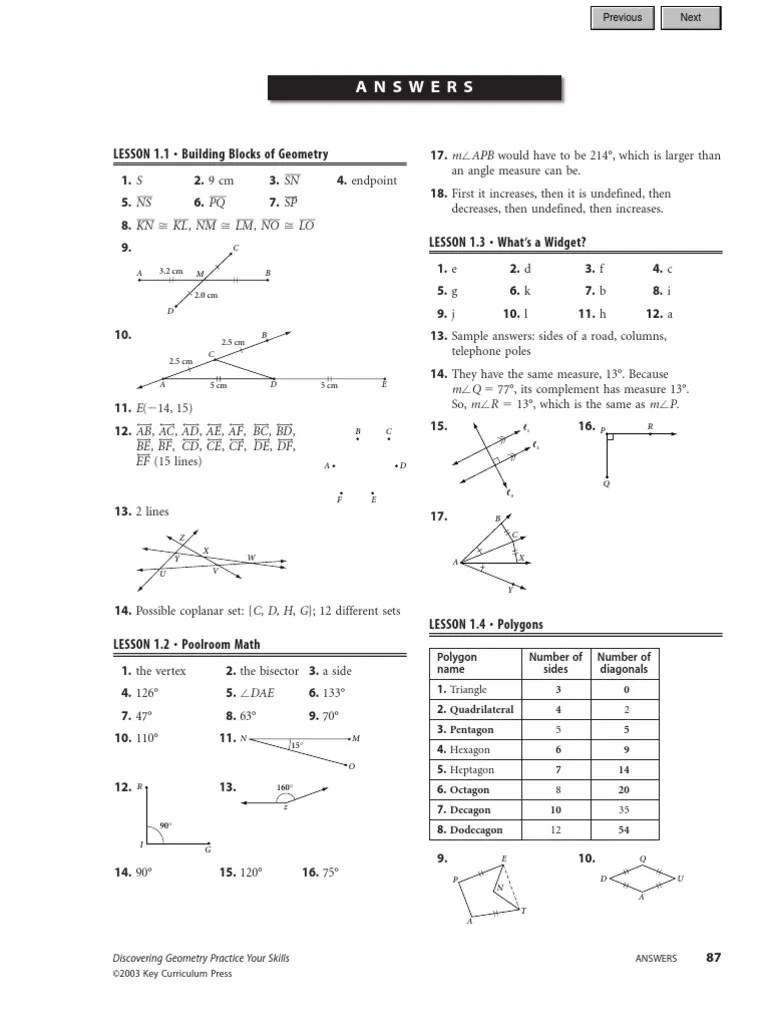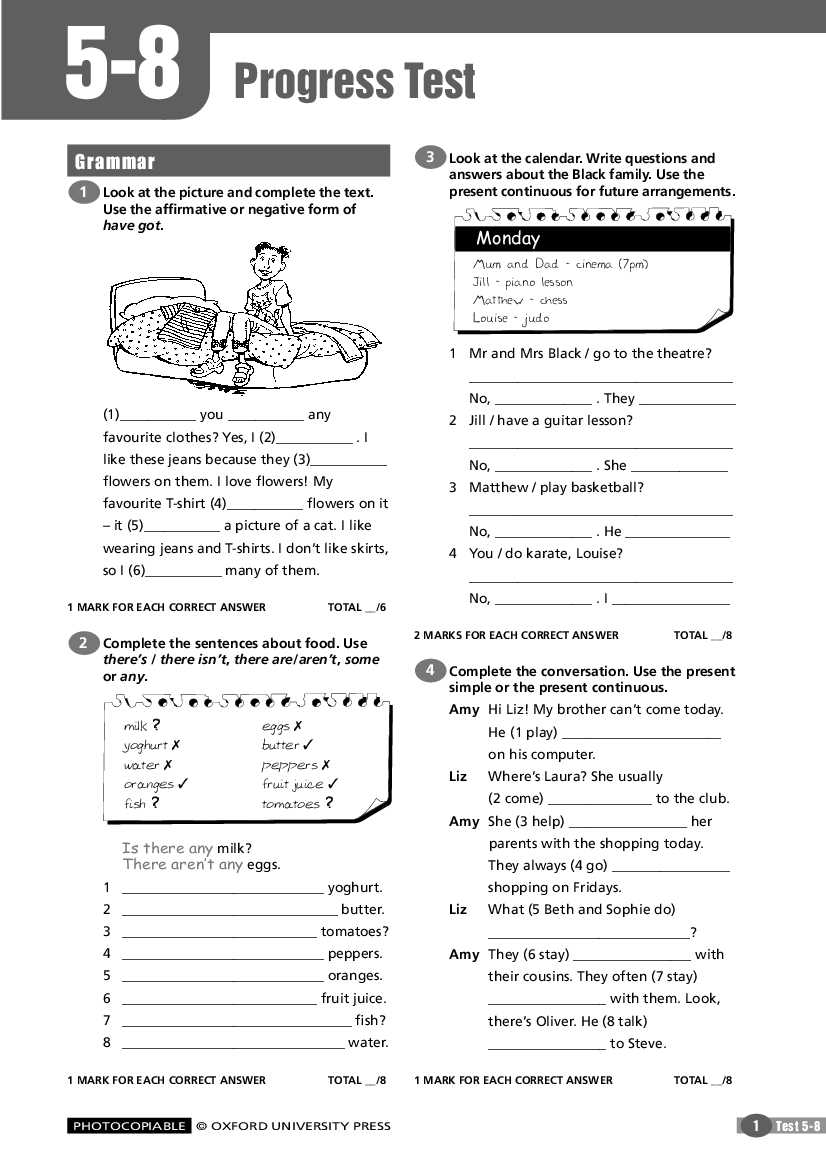Is the quest for academic validation driving students to desperate measures? The pressure to succeed in online learning environments like Edgenuity has sparked a surge in students seeking shortcuts, raising concerns about the efficacy of online assessments and the ethical implications of readily available answer keys. This digital age dilemma underscores a critical question: are we prioritizing grades over genuine understanding?
The rise of online learning platforms like Edgenuity has undeniably transformed the educational landscape. Offering flexibility and personalized learning experiences, these platforms cater to diverse student needs. However, the ease of access to information online has also created a breeding ground for academic dishonesty. The proliferation of websites and forums dedicated to providing Edgenuity answers highlights a growing trend students prioritizing grades over genuine comprehension. This raises fundamental questions about the effectiveness of online assessments in truly gauging a student's understanding of the material. Are these platforms adequately equipped to prevent cheating? More importantly, are we inadvertently fostering a culture that values scores over knowledge?
| Aspect | Description |
|---|---|
| Platform | Edgenuity is a leading provider of online and blended learning solutions for K-12 schools and districts. |
| Purpose | Offers personalized learning experiences, credit recovery, and advanced coursework across various subjects. |
| Challenges | Susceptible to academic dishonesty due to the readily available answer keys online. Raises concerns about the true assessment of student learning and understanding. |
| Impact | Influences student learning behaviors, potentially prioritizing grades over genuine comprehension of the material. Raises questions about the efficacy of online assessments. |
| Reference | Edgenuity Official Website |
From algebra to English literature, students are increasingly turning to online resources for answers to Edgenuity quizzes and tests. A simple Google search reveals a plethora of websites, forums, and social media groups dedicated to sharing Edgenuity answer keys, study guides, and even complete test solutions. This readily available information presents a tempting shortcut for students struggling to keep up with the coursework or feeling the pressure to maintain a high GPA. While some may argue that these resources can be used as supplementary learning tools, the reality is that they are often misused as a means to bypass the learning process altogether.
The temptation to cheat is further exacerbated by the nature of online assessments. Unlike traditional classroom settings, online tests often lack the direct supervision that can deter academic dishonesty. While some platforms employ proctoring software, these measures are not always foolproof. The ease with which students can access external resources during online exams raises serious concerns about the validity of the results. Are these assessments truly measuring a students knowledge, or simply their ability to locate and utilize online answer keys?
The implications of this trend extend beyond individual students. The widespread use of answer keys undermines the integrity of online education as a whole. If grades are no longer a reliable indicator of student learning, how can educators effectively measure student progress and tailor instruction to meet individual needs? The devaluation of genuine learning also poses a significant threat to the long-term academic success of students who rely on shortcuts. Without a solid foundation of knowledge and critical thinking skills, these students are ill-prepared for the challenges of higher education and the workforce.
The proliferation of Edgenuity answer keys and the subsequent rise in academic dishonesty highlight a critical need for a paradigm shift in online education. We must move beyond a system that prioritizes grades and embrace a learning environment that fosters genuine understanding. This requires a multi-pronged approach, involving educators, students, and online learning platforms. Educators must design assessments that are more resistant to cheating, incorporating open-ended questions, project-based assignments, and other methods that encourage critical thinking and application of knowledge. Platforms like Edgenuity must invest in robust anti-cheating measures and promote academic integrity among their users. Most importantly, students must understand that true learning is a process of discovery and growth, not a race to the finish line. The pursuit of knowledge should be driven by curiosity and a desire to understand, not simply by the pressure to achieve a certain grade.
The prevalence of online resources offering Edgenuity answers underscores the urgent need for a reevaluation of online assessment strategies and a renewed focus on fostering genuine learning. The future of online education hinges on our ability to cultivate a culture of academic integrity, where knowledge is valued above all else.
The search for Edgenuity answers reflects a larger struggle within the online learning environment. The pressure to perform, coupled with the readily available resources online, creates a complex ethical dilemma. While the convenience and flexibility of platforms like Edgenuity are undeniable, the challenge of maintaining academic integrity remains. It is a challenge that demands our attention and a collective effort to prioritize genuine learning over the pursuit of grades.


